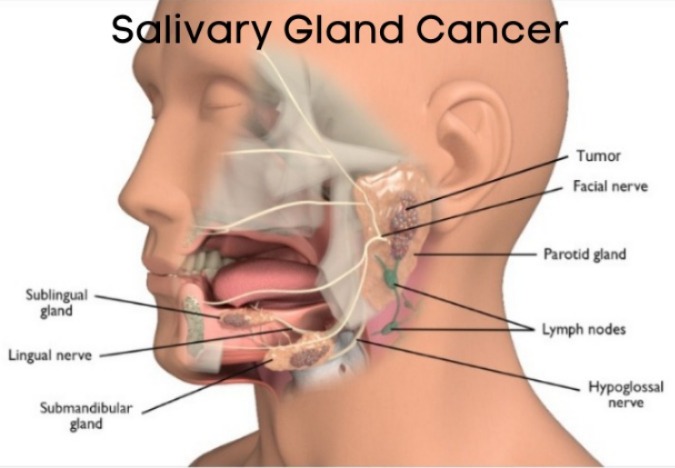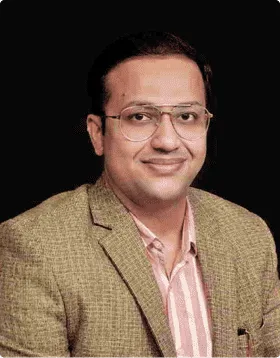
Advanced Surgical Techniques for Salivary Gland Cancer
Salivary gland cancer is a rare type of cancer affecting the salivary glands, which play a vital role in digestion and oral health. Early detection and proper treatment are crucial for better outcomes. In recent years, advanced surgical techniques have significantly improved survival rates and the quality of life for patients. In this article, we explore these advanced surgical methods, their benefits, and the innovations shaping salivary gland cancer treatment in Mumbai, where access to top oncology care and the best surgeons is essential.
Understanding Salivary Gland Cancer
Salivary gland cancer originates in the tissues of the salivary glands. Although most tumors in these glands are benign, some can be malignant and may require surgical intervention by a specialized oncology team.
Types of Salivary Gland Cancer:
Mucoepidermoid Carcinoma: The most common type, often treated in the parotid gland.
Adenoid Cystic Carcinoma: Known for slow growth and a tendency to spread, often requiring careful management by an experienced surgeon.
Acinic Cell Carcinoma: Arising from serous acinar cells, this type typically has a better prognosis.
Polymorphous Adenocarcinoma: Common in minor glands, generally with favorable outcomes under expert care.
Understanding these types helps patients in Mumbai and beyond to seek the best oncology treatment options, including consultation with top surgeons.
The Role of Surgery in Salivary Gland Cancer
Surgery remains the primary treatment for salivary gland cancer, with the goal of removing the tumor while preserving as much healthy tissue as possible. Advanced surgical techniques, employed by the best surgeons, have transformed this process, minimizing complications and enhancing recovery
Traditional Surgical Approaches
Previously, surgeries like superficial parotidectomy and total parotidectomy were common. Although effective, these methods often resulted in significant postoperative complications, including facial nerve damage and visible scarring.
Advanced Surgical Techniques
Robotic-Assisted Surgery
Robotic-assisted surgery is becoming increasingly popular for salivary gland cancer treatment in Mumbai. This state-of-the-art technique allows surgeons to perform precise, minimally invasive procedures, offering numerous benefits
Benefits:
- Minimal scarring due to smaller incisions.
- Reduced postoperative pain.
- Faster recovery time, leading to a quicker return to daily life.
Transoral Surgery
Transoral surgery enables surgeons to access tumors through the mouth, eliminating the need for external cuts and reducing scarring. This approach is especially beneficial for tumors located in the throat or tongue base.
Benefits:
- Direct access to tumors without large incisions.
- Enhanced visualization of the tumor area.
- Faster recovery with less postoperative pain, allowing patients to resume normal activities sooner.
Endoscopic Techniques
Endoscopic surgery utilizes thin tubes with cameras and instruments inserted through small openings, allowing surgeons to operate with high precision.
Benefits:
- Reduced trauma to surrounding tissues.
- Shorter hospital stays, which is crucial for patient comfort.
- Decreased risk of complications, making recovery smoother and safer.
Combining Techniques for Optimal Outcomes
The best surgeons in Mumbai often combine these advanced techniques to achieve the most effective results. For instance, robotic-assisted surgery may be paired with endoscopic
methods to ensure comprehensive tumor removal while preserving critical structures like nerves.
Multidisciplinary Care
Treating salivary gland cancer requires a team of oncology specialists working together to provide comprehensive care. In Mumbai, this multidisciplinary approach typically includes:
- Surgeons: Performing the surgery to remove the tumor with precision.
- Medical Oncologists: Managing chemotherapy and additional therapies as needed.
- Radiation Oncologists: Administering radiation therapy post-surgery when necessary.
-Speech and Swallowing Therapists: Helping patients regain normal function after surgery, ensuring a smooth recovery.
Conclusion
Advanced surgical techniques like robotic-assisted surgery, transoral approaches, and endoscopic methods are revolutionizing the treatment of salivary gland cancer. These innovations, guided by the best surgeons and oncology specialists, are making a significant difference in patient care in Mumbai and around the world.
If you or someone you know in Mumbai is diagnosed with salivary gland cancer, it's important to consult with a specialized oncology team and the best surgeons to explore the most advanced surgical options available. Access to top-notch care is crucial in the fight against this rare disease, offering hope and a path to recovery.
